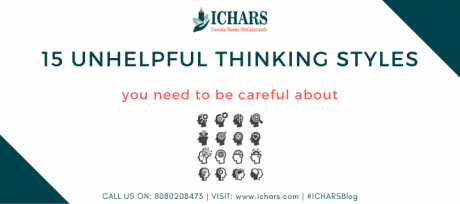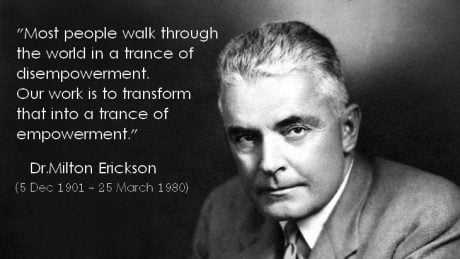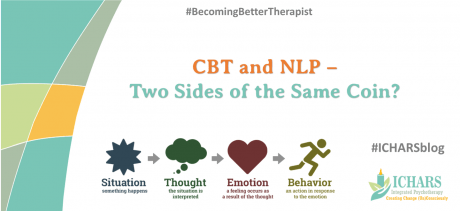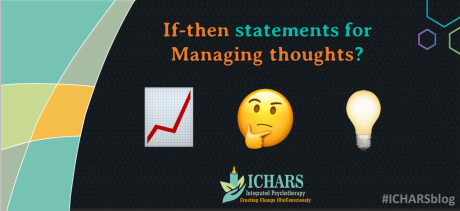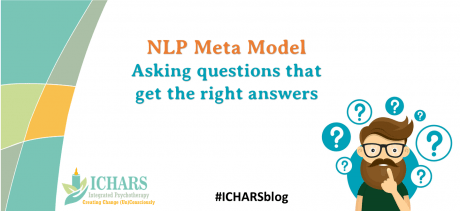
For therapists and coaches, Learning NLP without Hypnosis is Like…..
Conventional therapeutic practices typically took a long time to yield results that clients look for. This led to a search for faster and more efficient methods of counselling and therapy. And soon many realized that this endeavor would remain futile
